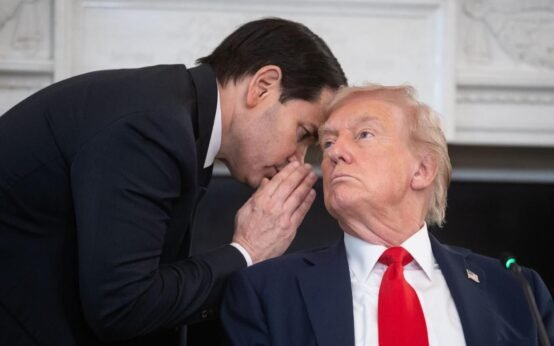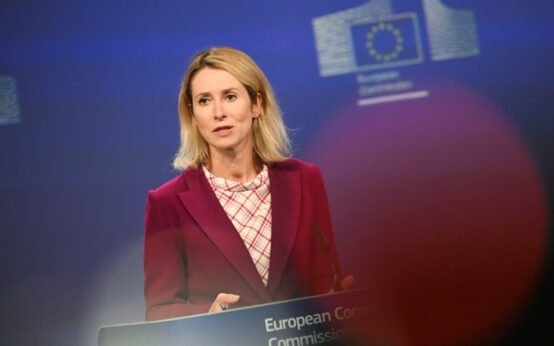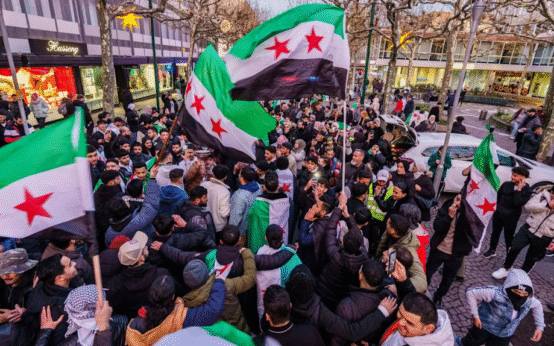Syria and Israel have stood on opposite sides of history. Their relationship has been defined by wars, border conflicts, and decades of political hostility. Even today, the two nations remain technically at war since no peace treaty was ever signed after the 1948 Arab-Israeli conflict. Yet, recent diplomatic activity has started to raise questions: could Syria and Israel be edging closer to a form of normalization.
Direct meetings in Paris open rare diplomatic channel
In a historic move, Syrian Foreign Minister Asaad al-Shibani recently met an Israeli delegation in Paris. The United States helped facilitate these talks, which focused on reviving the 1974 disengagement agreement. That deal, created after the Yom Kippur War, had established a buffer zone in the Golan Heights monitored by UN peacekeepers.
This was the first public acknowledgment of direct contact between Syria and Israel in more than twenty-five years. While no formal agreement came out of the Paris meeting, the simple act of dialogue signals a potential shift in long-frozen relations.
New Syrian leadership changes tone but sets firm conditions
Syria has seen changes in leadership that influence its diplomatic stance. Interim President Ahmad al-Sharaa has softened the state’s rhetoric compared to past leaders. Instead of outright refusal, Syria now shows willingness to negotiate.

Still, Syria insists on two conditions: an end to Israeli occupation of the Golan Heights and full respect for Syrian sovereignty. These demands remain at the heart of Syrian policy. On the other side, Israel wants security guarantees and is reluctant to discuss giving up control of Golan, which it annexed in 1981. The clash between these positions shows just how complicated a peace deal will be.
The role of regional mediators in bridging the gap
The United Arab Emirates has stepped in as a key mediator. The UAE has already normalized ties with Israel through the Abraham Accords and now positions itself as a bridge between Syria and Israel. Syrian officials have traveled to Abu Dhabi, where warm receptions and symbolic gestures suggest that Gulf states want to help bring Damascus back into the regional fold.
Other regional players, including Russia and Iran, are also closely watching. Moscow has strong military ties with Damascus, while Tehran maintains influence through Hezbollah and other groups. Both countries could either support or complicate normalization, depending on their interests.
Even as leaders explore new possibilities, ordinary Syrians are deeply divided. For many, normalization feels like a betrayal of decades of struggle and sacrifice. The Golan Heights is not just land but a symbol of Syrian identity and resistance.


 Trump Announces Gaza Peace Deal Israel Hamas Sign Agreement
Trump Announces Gaza Peace Deal Israel Hamas Sign Agreement  Germany’s Johann Wadephul Declares Support for Israel
Germany’s Johann Wadephul Declares Support for Israel  EU lays out new tariffs and sanctions on Israel over war in Gaza
EU lays out new tariffs and sanctions on Israel over war in Gaza  German Jewish Group Calls on Merz to Support Israel
German Jewish Group Calls on Merz to Support Israel  Germany updates: CDU push for more voluntary Syria returns
Germany updates: CDU push for more voluntary Syria returns  Finland supports two-state solution for Israel, Palestinians
Finland supports two-state solution for Israel, Palestinians